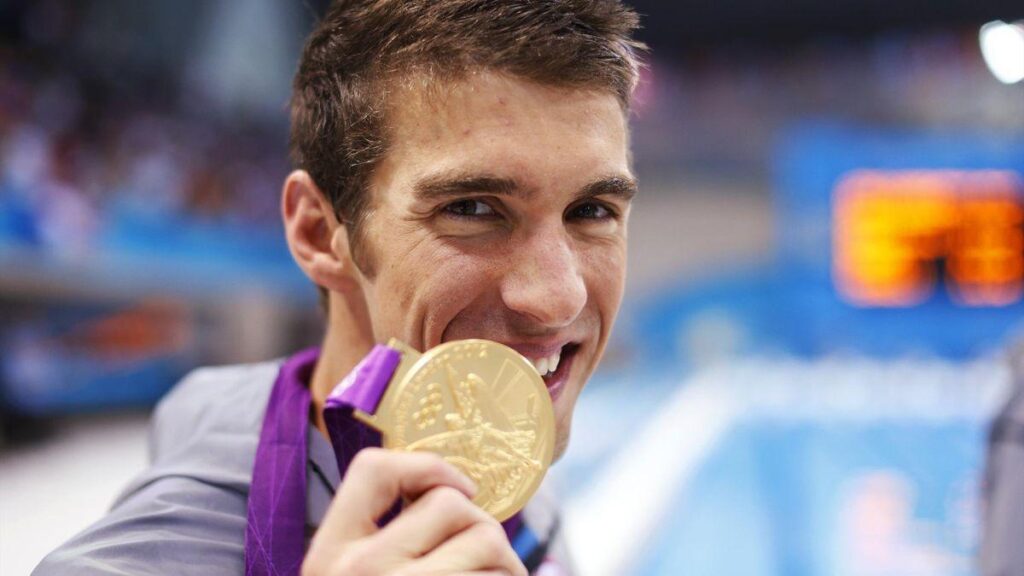Detroit – Olympic medalist Grant Fisher stands out not only for his impressive achievements on the track but also as a compelling example of why young athletes should avoid early specialization in a single sport. Fisher’s diverse athletic background underscores the growing consensus among sports experts and coaches that multi-sport participation can foster better overall development, reduce injury risk, and enhance long-term success. As concerns mount over the rising trend of early specialization in youth sports, Fisher’s journey offers valuable insights into the benefits of a more varied athletic upbringing.
Grant Fisher’s Diverse Athletic Background Fuels Olympic Success
Grant Fisher’s journey to Olympic success is a testament to the benefits of a well-rounded athletic foundation. Before focusing on distance running, Fisher immersed himself in multiple sports, including soccer, cross-country skiing, and swimming. This multi-sport background not only enhanced his overall fitness but also helped him develop superior coordination, endurance, and mental resilience-qualities essential for endurance athletes. Rather than succumbing to early specialization, Fisher’s diverse experiences allowed his body to adapt organically and minimized the risk of overuse injuries that often plague young athletes focusing on a single discipline.
Experts advocate that children who engage in various sports tend to develop better motor skills and maintain a lifelong passion for physical activity. Fisher’s example highlights key advantages of multi-sport participation:
- Enhanced Athleticism: Exposure to different movement patterns builds a more versatile and adaptive athlete.
- Injury Prevention: Balanced muscle development reduces injury risks caused by repetitive strain.
- Mental Freshness: Varied competition keeps young athletes motivated and less prone to burnout.
| Sport | Benefit to Fisher |
|---|---|
| Soccer | Agility & quick decision-making |
| Cross-Country Skiing | Endurance & upper body strength |
| Swimming | Breath control & low-impact conditioning |
The Risks of Early Sports Specialization in Youth Development
Youth athletes who focus solely on one sport early on face numerous physical and psychological risks, as demonstrated by various sports science studies. Early specialization can lead to overuse injuries because repetitive motions strain developing muscles and joints without adequate rest or cross-training. Furthermore, the lack of diverse physical activity often causes burnout, diminishing long-term motivation and enjoyment. Experts warn that children who specialize too soon may miss critical windows for developing overall athleticism and motor skills, which are essential for success and injury prevention across any discipline.
Research highlights the benefits of multisport participation, reinforcing why a versatile athletic background often correlates with higher elite success rates. Below is a quick summary of the common risks of early sports specialization:
- Increased risk of chronic injuries such as stress fractures and tendonitis
- Psychological burnout and decreased sports enjoyment
- Limited development of motor skills and athletic versatility
- Potential social isolation due to intense competitive focus
| Risk Factor | Impact | Long-Term Concern |
|---|---|---|
| Overuse Injuries | Chronic pain, limited playtime | Rehabilitation time, career shortening |
| Psychological Burnout | Loss of motivation, stress | Dropping out of sport |
| Skill Plateaus | Stunted athletic growth | Reduced competitive edge |
| Social Impact | Isolation, reduced friendships | Poor emotional development |
Experts Urge Multi-Sport Participation to Cultivate Well-Rounded Athletes
Grant Fisher’s journey as an Olympic medalist demonstrates the significant benefits of engaging in multiple sports during youth. Experts argue that early specialization can lead to burnout, overuse injuries, and limited athletic development. In contrast, exposure to diverse physical activities helps young athletes develop a broader skill set, enhance motor coordination, and foster mental resilience. Fisher’s success story emphasizes how varied athletic experiences contribute not only to physical prowess but also to strategic thinking and adaptability in competitive environments.
Research supports a balanced approach to youth sports, highlighting advantages such as improved overall fitness and increased enjoyment. Coaches and sports scientists recommend that parents encourage their children to participate in a range of disciplines before narrowing their focus. Below is a snapshot of what multi-sport participation offers:
- Reduced Injury Risk: Less repetitive strain on specific muscle groups
- Enhanced Athletic Skills: Development of coordination, balance, and agility
- Psychological Benefits: Reduced pressure and increased motivation
| Aspect | Specializing Early | Multi-Sport Participation |
|---|---|---|
| Physical Development | Limited muscle groups trained | Balanced, whole-body development |
| Injury Risk | High due to repetitive movements | Lower due to varied activities |
| Mental Engagement | Potential burnout | High motivation and enjoyment |
| Long-Term Success | Less predictable outcomes | Higher chance of sustained performance |
Insights and Conclusions
Grant Fisher’s journey from a multi-sport youth to Olympic medalist underscores the benefits of diverse athletic experiences in childhood. His success serves as a compelling reminder that early specialization is not the only path to elite performance. As parents, coaches, and young athletes consider the best approach to sports development, Fisher’s story highlights the value of broad-based participation, fostering both physical skill and long-term passion. Ultimately, his example challenges the prevailing trend and invites a reevaluation of how we nurture the next generation of champions.





